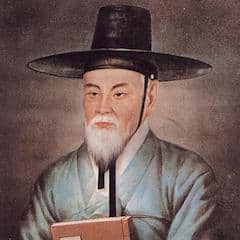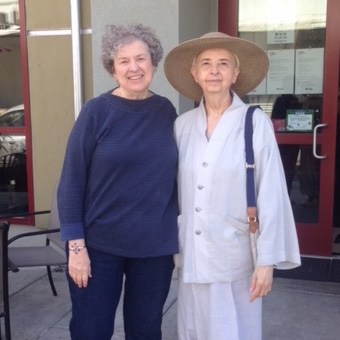
Chinese medicine and Korean medicine share a lot of similarities. But there are a few differences. And when it comes to constitutional types, there are some significantly dissimilar perspectives.
This is one of the delights of East Asian medicine. Coming across a perspective that is close to something we understand, but different enough to edge us toward either a feeling of “wrong, this can’t be right,” or “oh, I’ve not seen it that way, I wonder how this works.”
It’s at the edges of our understanding that new information can arise and help us to deepen our perspective and understanding.
Listen into this discussion on constitution, the Confucian influence on Korean medicine and how dietary habits and constitution can play a vital role in health and wellbeing.
Always ask your patients about their diet. If they are eating fast food, and sugary desserts everyday, you’re going to need to do a lot of work to counteract that. Encourage them to be healing partners with you, since much of their health resides in their own daily choices of good food and exercise.

Tracy Stewart, L.Ac
I’ve always loved a good mystery and solving puzzles is something I do for fun. Another passion of mine is spending time in Nature. How I relished my homework assignments from Worsley when I studied Five Element acupuncture with him in England. A major part of the curriculum was spending time, every day for four years, in Nature, experiencing the elements as they changed throughout the seasons.
Now that I’m using Chinese Astrology for determining Korean Sasang Constitution, I’m seeing a natural landscape in every chart and solving the complex mystery of the person who chose to enter the world at that particular time in the cycle of the rising and falling of yinyang, the nourishing and controlling aspects of the five elements and the coming and going of the seasons.
Hippocrates and Sun Simiao agreed that food should be the first medicine used. I have a passion for going back to the basic tenets of healing. Finding the cause and implementing an appropriate change in diet and exercise is often enough. But if it is not, then I add acupuncture or recommend medicines such as herbs and supplements. I love how this approach empowers the patient, which I believe is crucial to their wellbeing.
Books:
The Compleat Acupuncturist by Peter Eckman, M.D., Ph.D., M. Ac.
Compass of Health by Joseph Kim, Ph.D., O.M.D.
Your Yin Yang Body Type by Gary Wagman, Ph.D., L.Ac.
Links:
A short biography of Venerable Master Sunim
An excellent article comparing Sasang and TCM
My brief description of Sasang medicine on my website qibalance.net